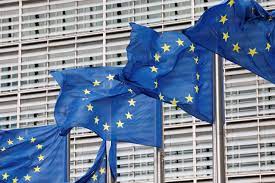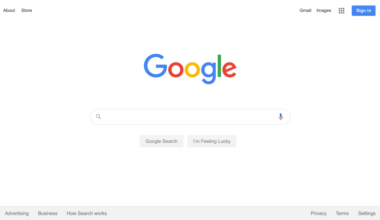European officials are urging companies developing generative AI tools to embrace transparency and responsible practices.
In a recent statement, Vera Jourova, the European Commission’s vice president for values and transparency, emphasized the importance of a voluntary code of conduct that would make generative AI products more transparent to the public.
The European Union’s proposed regulations on AI aim to ensure fairness, transparency, and accountability in the use of these technologies.
By encouraging collaboration and best practices, the EU seeks to harness the potential of generative AI while mitigating the risks associated with its misuse.
The Power and Challenges of Generative AI: Generative AI presents both promising opportunities and potential risks.
This technology, which employs machine learning algorithms to create original content, holds immense potential across various sectors, such as art, media, and entertainment.
However, the same capabilities that make generative AI exciting also raise concerns about disinformation and harmful uses. It is crucial for companies to address these challenges proactively and responsibly.
The Call for Transparency and Safeguards: Vera Jourova highlights the need for companies to be transparent about their use of generative AI and its potential implications.
One crucial step is labeling content created with generative AI as such, ensuring that consumers can differentiate between human-generated and AI-generated content.
Furthermore, the implementation of safeguards becomes essential to prevent the misuse of generative AI for spreading disinformation. By adhering to responsible practices, companies can build trust with the public and protect against potential harms.
EU Regulations and the Voluntary Code of Conduct: As the European Union prepares to introduce new regulations governing AI, the call for a voluntary code of conduct demonstrates a proactive approach to responsible AI development.
The proposed regulations aim to ensure fairness, transparency, and accountability across all AI systems. By collaborating and establishing a code of conduct, companies can collectively define best practices for using generative AI, fostering an environment that safeguards the public interest.
Protecting the Public and Promoting Responsible AI: The European officials’ call for a voluntary code of conduct represents a positive step towards ensuring that generative AI is used ethically and responsibly.
It encourages companies to proactively address the potential risks associated with the technology and prioritize public safety.
By working together, companies can develop guidelines that promote transparency, accountability, and the responsible use of generative AI. This collaboration will not only benefit society but also establish a strong foundation for the future of AI development.



